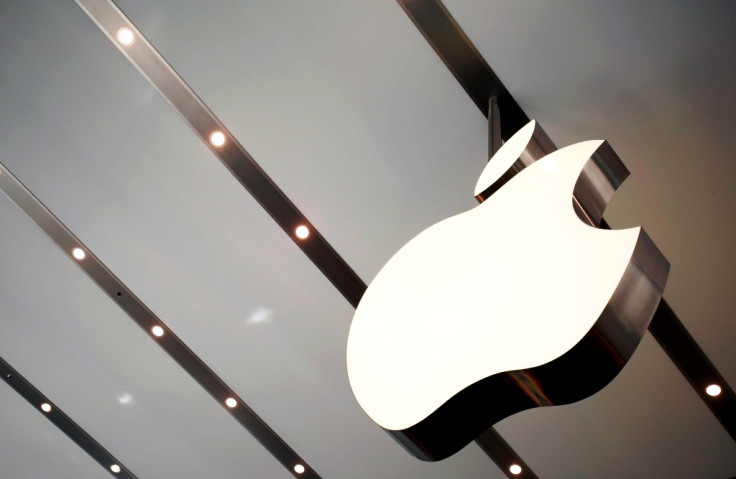Apple continues VR development with job adverts seeking senior display engineers

Apple has its sights set on the virtual reality industry, as several job advertisements show the iPhone maker is seeking employees with experience in producing VR hardware and software.
The company is looking for a US-based senior display systems engineer and a senior display software engineer, with both listings mentioning virtual reality systems and environments in their descriptions.
Apple wants to hire an employee who can "specify and test novel display systems for virtual environments," and "work with vendors wit develop custom display solutions," and who have an understanding of "the key issues associated with developing extremely high fidelity in a variety of VR environments".
For the senior display software engineer role Apple says the chosen candidate must have "experience with motion capture systems," and will "own the display pipeline from rendered image sequences to display hardware".
In February this year, Apple was granted a patent for a virtual reality headset which enables the user to slide an iPhone into a headset to produce 3D video, much like how the Samsung Galaxy Note 4 smartphone interacts with the company's Gear VR headset, which itself borrows technology from the Facebook-owned Oculus Rift.
Clearly, the technology industry is banking on virtual reality being the next big thing. Uses for VR include gaming and video watching, but also a way to view properties before they are built, to see what a car looks like in a certain colour before you order it, and even to help train commercial airline pilots - something Virgin Atlantic has been exploring.
In November 2014, Apple was on the hunt for new employees who can "create high performance apps that integrate with virtual reality systems for prototyping and user testing".
In 2013, Apple acquired Israel-based PrimeSense, the company which originally created the motion sensors used by the Microsoft Kinect Xbox accessory, for $345 million.
Google is also experimenting in the VR space, having given away the Cardboard experimental prototype to developers at its annual I/O conference in 2014.
Finally, Microsoft is also investing heavily in VR with the development of HoloLens, a holographic headset which blends an augmented user interface with your real-world environment.
© Copyright IBTimes 2025. All rights reserved.






















